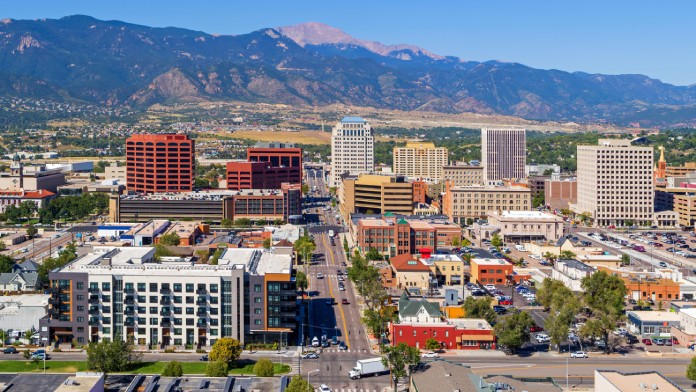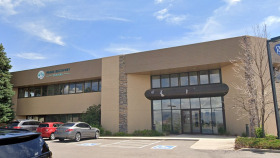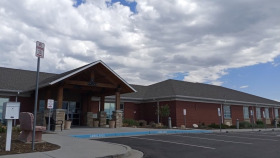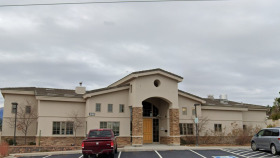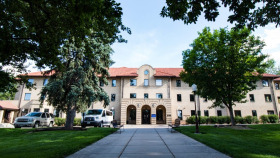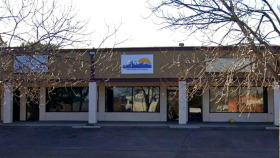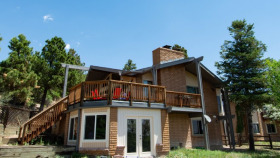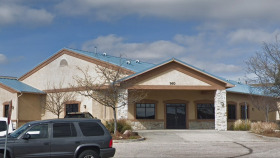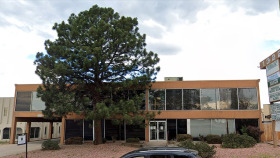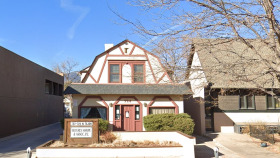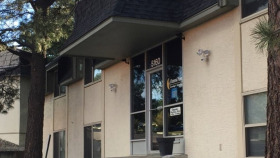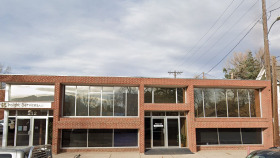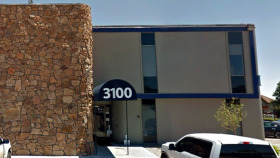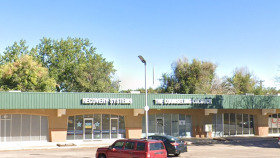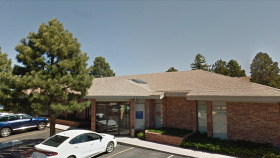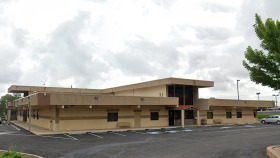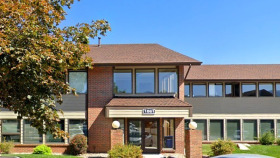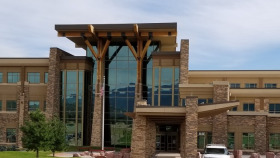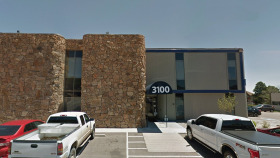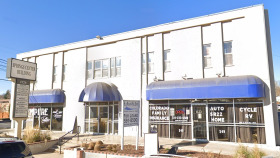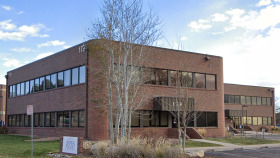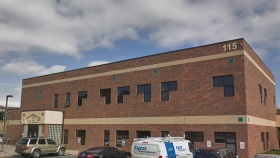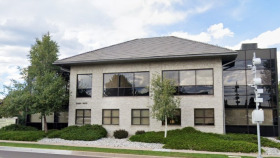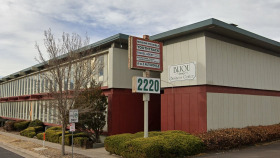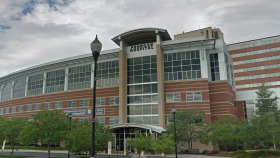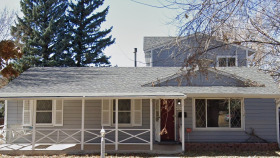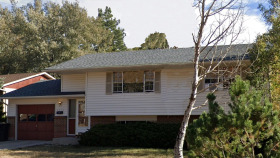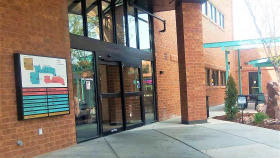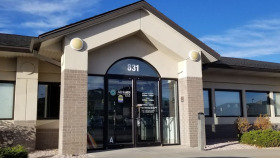Expert Insights
While I personally disagree politically with evangelical chaplain and former Colorado state representative Gordon James Klingenschmitt, one thing I do agree with is the impact addiction has on residents of Colorado Springs. Council candidate Klingenschmitt spoke recently about the deadly effects fentanyl and other opioids have on public safety. He also describes the tragedy of addiction as an oppressive force compelling those struggling to hand over their money every month to get their next fix. I believe that he highlights the powerlessness that addiction causes, because no one in their right mind would choose to give away their money for drugs. That’s why Colorado Springs need more addiction recovery resources to get people the help they need!
~ Olivia Pennelle
How Expensive is Drug Rehab in Colorado Springs?
The cost of rehab in Colorado Springs can vary widely, depending on the type of program and its duration. For example, inpatient rehab centers and hospitals cost considerably more than outpatient programs and telehealth services. Along with that, your out-of-pocket cost for rehab can also depend on your financial situation and whether you have private insurance or qualify for subsidized care such as Medicaid or Medicare.
Inpatient drug and alcohol treatment centers can range from around $5,000 to a high of $200,000 per month, depending on factors such as the availability of services and the quality of the facility itself.
Hospital-based rehab programs that involve medical services can cost considerably more, but these programs may be covered by your health insurance.
Outpatient rehab programs may include daily, weekly, or monthly sessions with counselors, therapists, or peer groups, as well as scheduled telehealth visits in the privacy of your own home. If your income is low, along with other financial considerations, you may qualify for free inpatient or outpatient rehab treatment.
How Does Colorado Springs Compare in Alcohol and Drug Use?
Colorado ranks seventh in the nation for drug and alcohol misuse and addiction, and an estimated 20% of Colorado residents use illegal substances every year.
Colorado Springs has 12% of the state’s population, but the city has 15% of its fatal heroin overdoses, and more than 10,000 Colorado Springs residents seek treatment for substance abuse disorders every year. If you’re looking for an alcohol or drug rehab in Colorado Springs, there’s an option for just about every need and budget.
Colorado Springs is the county seat of El Paso County, where more than 40% of all automobile deaths are related to drug and alcohol use, particularly the “big four” of marijuana, alcohol, cocaine, and opioids, including prescription medications and street drugs such as heroin.
Drug and alcohol misuse is prevalent throughout the state of Colorado. Here are some recent stats:
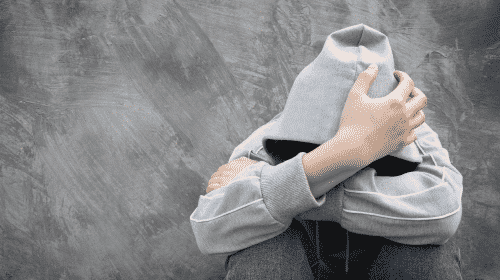
22.8% of Colorado residents 12 and older admitted to misusing illicit drugs in the past month
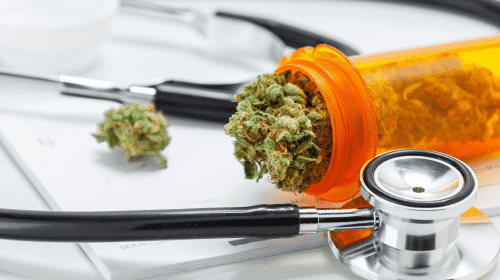
30% of Colorado residents 12 and older admitted to misusing marijuana in the past year
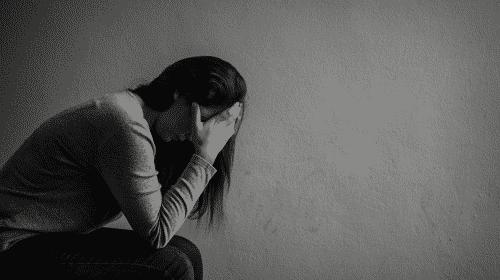
4.2% of Colorado residents 12 and older admitted to misusing cocaine in the past year

1.1% of Colorado residents 12 and older admitted to misusing methamphetamine in the past year
Now, Colorado Springs residents and their families can find help tailored to the unique circumstances of each individual struggling with issues related to substance abuse. From luxury facilities to entirely free and sliding scale programs, Colorado Springs offers inpatient, outpatient, and telehealth services to support each step of your journey toward recovery.
Alcohol and Drug Laws in Colorado Springs
Colorado lawmakers and public health agencies have enacted the following laws related to substance misuse and overdoses:
Marijuana Laws: Colorado legalized recreational marijuana in 2012. Adults at least 21 years old may buy up to 1 ounce of retail marijuana from a licensed store and possess up to 2 ounces at a time. It is illegal to drive in Colorado after consuming marijuana. State law sets the impairment level for marijuana at 5 nanograms of THC per milliliter of blood.
Syringe Exchange Programs: In Colorado, nonprofits and health facilities can operate a syringe exchange program without prior board of health approval. Organizations and participants in these programs are also exempt from paraphernalia laws.
Naloxone Standing Orders: Enacted in 2015, this law allows licensed prescribers to provide Naloxone to Colorado residents who may experience an opioid overdose, even without a prescription. The goal is to increase access to this overdose antidote and reduce the number of overdose deaths.
911 Good Samaritan Law: This law states that a person is immune from criminal prosecution for an offense when they report an emergency overdose. This includes Colorado residents who call 911 or remain at the scene of the event, and the person who experienced the overdose.
From free and low-cost programs to luxury residential facilities, Colorado Springs has rehab programs for every budget and need.
Resources
- America’s Health Rankings 2021. Colorado.
- Substance Abuse and Mental Health Services Administration. (2021). 2019-2020 National Survey on Drug Use and Health National Maps of Prevalence by State.
- Health and Human Services. (2021). Mental Health and Substance Use Insurance Help.
- Centers for Medicare and Medicaid Services. The Mental Health Parity and Addiction Equity Act.
- Benefits.gov. (n.d.). Colorado Medicaid.

